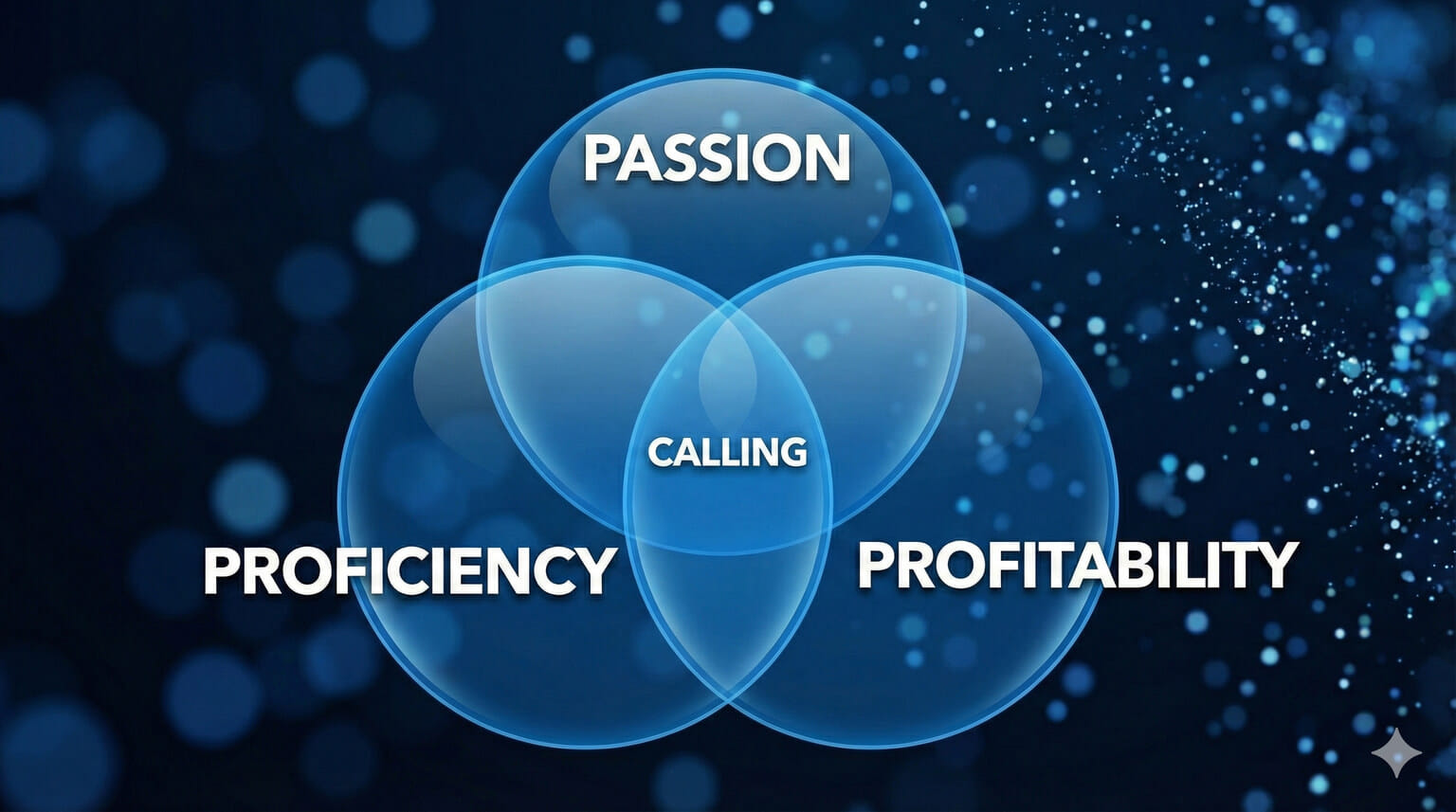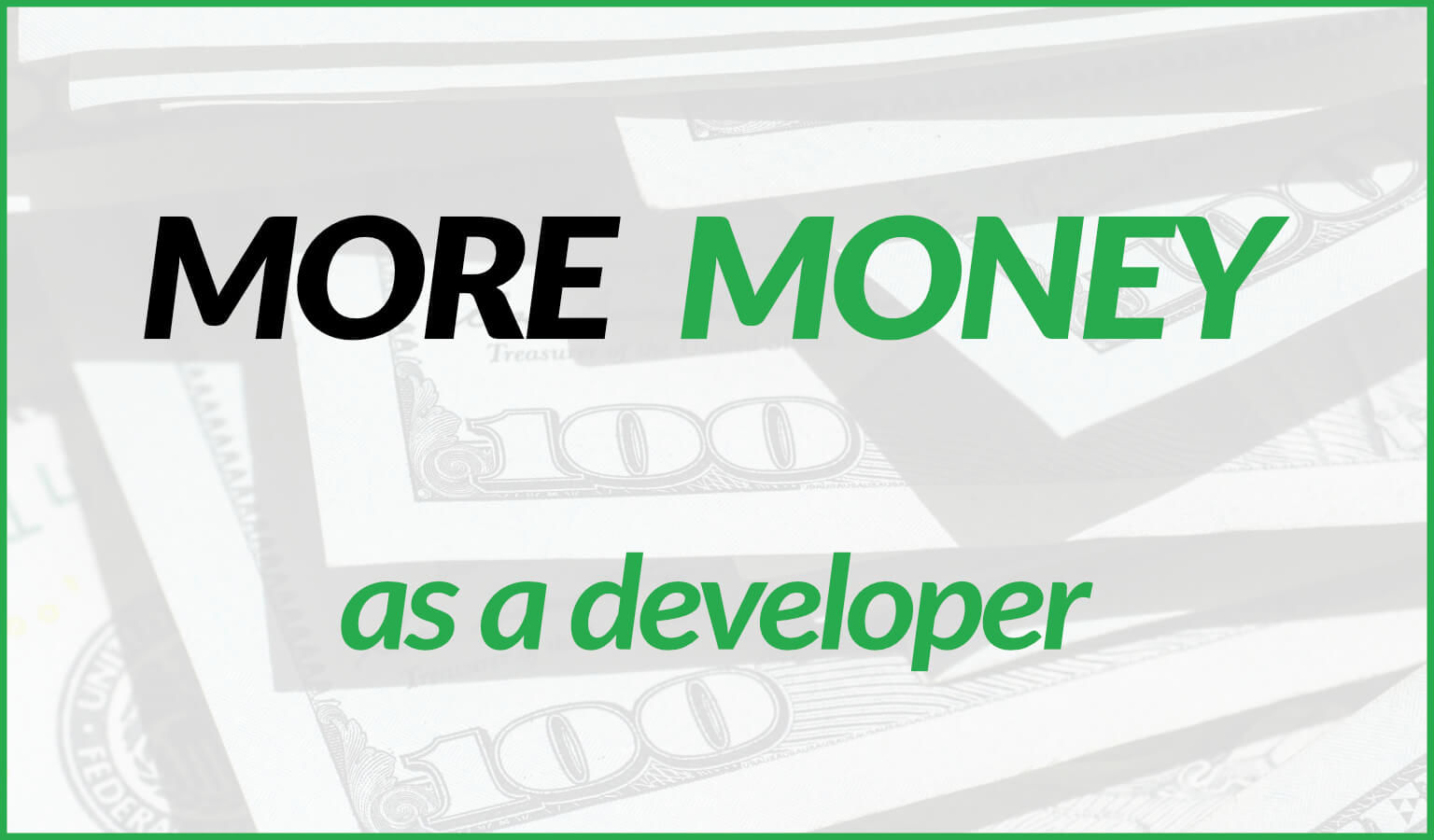Tech is a strange field to be in these days.
We’re worried about the impact of AI and our jobs, while at the same time being the very group of people driving AI adoption.
Some of us don’t use it at all, some use it discreetly, and others are being forced to.
With all this innovation, should you start looking for another career—or go all in? Ask ten people and you’ll get ten different answers.
When I feel this tension, I like to take a step back, assess the current situation, and put together some general truths to stay levelheaded. It’s not just AI, it’s the job market, the endless “just ship it” indie hackers, and the comparisons with people in places you want to be.
Here are six truths I’m currently standing by.
Watch the Video?
Before we get started, if you prefer video, here you go:
Otherwise, continue reading.
1. A 9–5 Is Not a Bad Thing
We live in a time where it’s fairly easy to make money and spin up a side hustle. But the danger is that we start thinking everyone must do this.
Much of the discontentment people feel with their jobs doesn’t come from the jobs themselves, but from the internet telling them they’re somehow “lesser” for not leaving.
The truth is: most people with steady jobs are thriving. They have good pay, benefits, vacations, challenges, social interaction, and hobbies.
Meanwhile, many running their own thing are overworked, isolated, and struggling with unstable income.
So stop following the people who shame you for being in the so-called “rat race.” A steady job isn’t a failure. It’s freedom and stability for most people.
2. Stop Viewing Yourself as an Employee
Here’s the mindset shift that matters: your employer is not your identity.
Too often, developers build their sense of self around a company and title: “I’m an engineer at Microsoft,” “I’m a data analyst at Datadog.” But when that role ends, you’re left devastated and unsure who you are.
Instead, see yourself as a business that provides a skillset. Your employer is simply a customer who takes up 40 hours of your week.
This mindset, as John Sonmez writes in Soft Skills, moves you from dependency to autonomy. You stop belonging to a company and start owning your career.
So don’t say: “I’m a Go developer.”
Say: “I build resilient digital systems that keep applications running 24/7.”
That’s how you maintain power, direction, and resilience in your career.
3. AI Extremism Is Stupid
My timeline is flooded with exaggerated AI hype:
- AI checking emails
- AI ordering groceries
- AI agents “running businesses” for creators
Most of it feels impractical, unrealistic, and honestly… unnecessary.
Do you really need AI to sort your emails? Ever heard of the unsubscribe button? Do you want an AI grocery bot using your credit card at turtle speed?
The hype makes people anxious, as if AI adoption is further along than it actually is.
The truth: use AI where it matters, ignore the rest.
Check your own email. Call a friend. Open your window to check the weather. Stay grounded.

4. Balanced AI Is Necessary
That said, I’m head over heels for AI on a personal level. I use Claude daily—to explain concepts, plan projects, and write code.
The difference is, I know how to code and orchestrate projects. AI amplifies my skills—it doesn’t replace them.
Recent examples from my own work:
- Building an MCP server for my homelab without writing most of the code.
- Creating a stock portfolio tracker in under an hour, writing only ~3% of the code.
This is the kind of AI adoption that’s practical and career-boosting.
If you’re still on the fence, at least use AI as an advisor. Don’t let it write code for you—have it suggest solutions and explain its reasoning.
Because whether you like it or not, the boat has left. Balanced AI adoption isn’t optional—it’s necessary for career growth.
5. Coding Alone Is Diminishing
Pure coding as a skill is on the decline. AI can now do much of the grunt work, and roles are shifting.
Developers who grow thrive by expanding into:
- System architecture
- Problem solving
- Cloud and infrastructure
- Orchestrating AI and agents
I’ve seen this in my own career: from web dev → SRE → DevRel → Developer Experience. Coding is still there, but it’s no longer the whole picture.
And despite the headlines, most companies still aren’t using AI deeply. Many startups, universities, and factories simply don’t have the use case yet. Engineers are still being hired. You have more time than you think.
The key: sharpen your broader technical skills and stay adaptable. New opportunities will always emerge.
6. You Need Hobbies
A healthy life can’t revolve entirely around work.
Many 9–5ers are happy because their work provides stability, boundaries, and paid time off to enjoy hobbies. Hiking, biking, sports, music, travel—these are what bring balance.
I’ve been guilty of centering my whole life on work. Years ago, I realized all I ever talked about was my job—and I had nothing else going on.
These days, I’m intentional about hobbies. You should be too.
Think back: what did you once love doing? What excites you now? Pick something. Commit to it. Build a life that’s exciting outside of code.
Even MKBHD, one of the biggest tech YouTubers, played ultimate frisbee for the U.S. team. Now that’s balance.

Conclusion
Keep these truths in mind:
- Don’t let the hustle bros and indie hacker crowd push you into discontent.
- View yourself as a business with your employer as your main customer.
- Regulate the AI hype input.
- Adopt AI wisely, balancing its power with your own expertise.
- Build a life outside work.
At the end of the day, tech is changing fast, but the fundamentals remain: stay adaptable, sharpen your skills, and enjoy the life your career provides.
✅ If you enjoyed this post, share it with a fellow developer. And if you want more like this, check out my article on A Winning Morning Routine for 30+ Year Old Men.
This page may contain affiliate links. Please see my affiliate disclaimer for more info.



